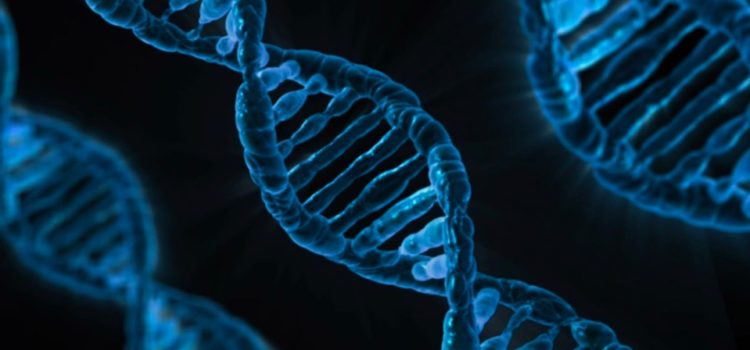

This article is an excerpt from the Shortform book guide to "An Unquiet Mind" by Kay Redfield Jamison. Shortform has the world's best summaries and analyses of books you should be reading.
Like this article? Sign up for a free trial here .
Can bipolar be genetic? More generally, what role does genetics play in mental illness?
Dr. Jamison, a clinical psychologist and professor of psychiatry, was fascinated with the study of genetic predisposition to bipolar disorder. In light of her mental illness lineage, she couldn’t help but wonder, “Can bipolar be genetic?”
Keep reading for the answer to the question: can bipolar be genetic?
Dr. Kay Jamison: Can Bipolar Be Genetic?
After leaving UCLA, Jamison became increasingly interested in the study of molecular biology in regards to mental disorders. Specifically, Jamison was interested in hereditary lines of mental illness and whether exposing a predisposition to manic-depression could save lives. Patients with the genes could be diagnosed earlier, possibly even before symptoms appeared. Treatments could be more specifically targeted, which would make them more effective and less invasive.
Jamison had plenty of personal history to draw from. On her father’s side, the lineage of mental illness stretched three generations. She wondered whether knowing she had the genetic coding for manic-depression would have changed her life. She also wondered if the advantages would have outweighed the negatives.
One negative aspect of understanding the genetic implications of mental illness is the reductive opinions of doctors. Jamison experienced this type of prejudice when still in Los Angeles.
On the advice of a colleague at UCLA, Jamison went to see a new physician. After the examination, the doctor asked Jamison whether she was considering having children. Jamison answered honestly that she was. In response, the doctor said that the world didn’t need more people with her disorder.
Jamison was livid and had some choice words with him before she left, but the damage was already done. She felt brutalized, stigmatized, and ashamed. The truth was, she and her husband David talked about starting a large family. She did fear that her illness might affect her ability to mother properly. And she considered the pain it would cause her to watch her child suffer the same psychological harm. But despite everything she’d gone through, Jamison never once regretted her birth. And she doubted that her child would.
Jamison never did have children of her own. Richard already had three from another marriage, and it wasn’t in the cards. She regretted this decision more than anything else in her life, but her brother had two boys and one girl, and being their loving aunt was immeasurably fulfilling.
The Dangers of Too Much Knowledge
So, can bipolar be genetic? After studying it, Jamison was excited about exposing the genetic predisposition of bipolar disorder. At the same time, she was concerned about the consequences of this knowledge. What if parents decide to abort embryos with genetic predisposition to the disease? And if society loses the intense creativity and productivity that comes from heightened manic episodes, will it lose art, scientific discoveries, and inventions that sustain life? These and other ethical considerations were growing in popularity within mental health research.
Jamison became fascinated by brain scans that lit up certain regions during depressive and manic episodes like the Northern Lights. These brain images reinforced the understanding that manic-depression is a brain condition, not a character flaw. These images also identified brain damage and its relationship with mental disorders.
At Johns Hopkins’ school of medicine, where Jamison was now teaching, she threw herself into the study of brain imaging and the findings of scan studies. There was something romantic, visceral, and vital about these images and what they could say about her illness. More so, these images represented advancements in science, and scientific advancement embodied hope. Without hope, there was nothing. So, can bipolar be genetic? Yes, but that’s not the end of the journey.

———End of Preview———
Like what you just read? Read the rest of the world's best book summary and analysis of Kay Redfield Jamison's "An Unquiet Mind" at Shortform .
Here's what you'll find in our full An Unquiet Mind summary :
- How Kay Redfield Jamison first experienced a manic episode at the age of 17
- How her illness made Jamison buy taxidermied animals and multiple Rolexes
- Why Jamison believes there are positives to her manic episodes






